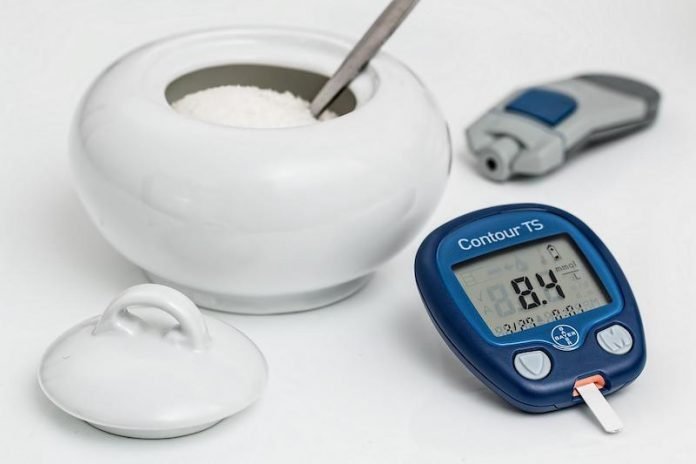
When you have diabetes, there’s a lot of emphasis on controlling your blood sugar levels.
And just as important, you and the healthcare team caring for you should pay attention to cardiovascular, kidney, and visual health.
Dr. William Curry, vice chair for population health in Penn State Health’s Department of Family and Community Medicine, said he may do more good for diabetes patients by getting their cholesterol and blood pressure under control than he can by intensifying their glucose control.
“Your blood sugar is important, but these other factors are what kill people or cause a significant reduction in quality of life,” he said.
Cholesterol
Risk: You are at increased risk for vascular complications, which cause heart attacks and strokes.
Prevention: Eat a low-fat, low-cholesterol diet and take medication to lower your cholesterol if your doctor recommends it.
Blood pressure
Risk: You are at increased risk for vascular complications that cause heart attacks and strokes.
Prevention: Eat a healthy diet, exercise three to five days a week, lose weight and take medication to control your blood pressure if your doctor recommends it.
Eyes
Risk: With uncontrolled diabetes and high blood pressure, your blood vessels can get leaky, causing retinal bleeding, scarring and vision loss.
Prevention: Control your cholesterol, blood pressure and blood sugar. Get an eye exam every two years at minimum, every year if your eye doctor has identified damage to your eyes from diabetes.
Kidneys
Risk: High cholesterol, blood pressure or glucose levels can damage the kidneys, reducing the ability to filter waste from the bloodstream efficiently.
Uncontrolled kidney failure could develop. “Diabetes is one of the leading causes of people going on dialysis,” Curry said.
Prevention: Ask your doctor if you have had a urine and blood test within the past year to check your kidney function.
Curry also recommends that all diabetes patients quit smoking. “It will help prevent all of these problems,” he said.
Because “goal” numbers for blood pressure, cholesterol and kidney function vary based on the individual, it’s important to have a conversation with your doctor about what is “goal” for you.
Curry stressed that diabetes patients should take the initiative to continue learning about the latest developments in research, treatment and recommendations for their disease. He suggests the following:
- Schedule regular visits with a certified diabetes educator
- Schedule regular visits with a nutritionist who works with diabetes patients
- Join a support group or schedule a group visit with other patients with similar diagnoses
- Read diabetes blogs
- Have a checklist of questions you need to ask your doctor about at each visit and put them in order of priority
If you care about diabetes, please read studies about how to reverse type 2 diabetes and deadly liver disease, and heavy cannabis use may decrease incidence of diabetes.
For more information about diabetes, please see recent studies about common drinks that could make type 2 diabetes less deadly, and results showing scientists find a critical trigger for type 2 diabetes.



